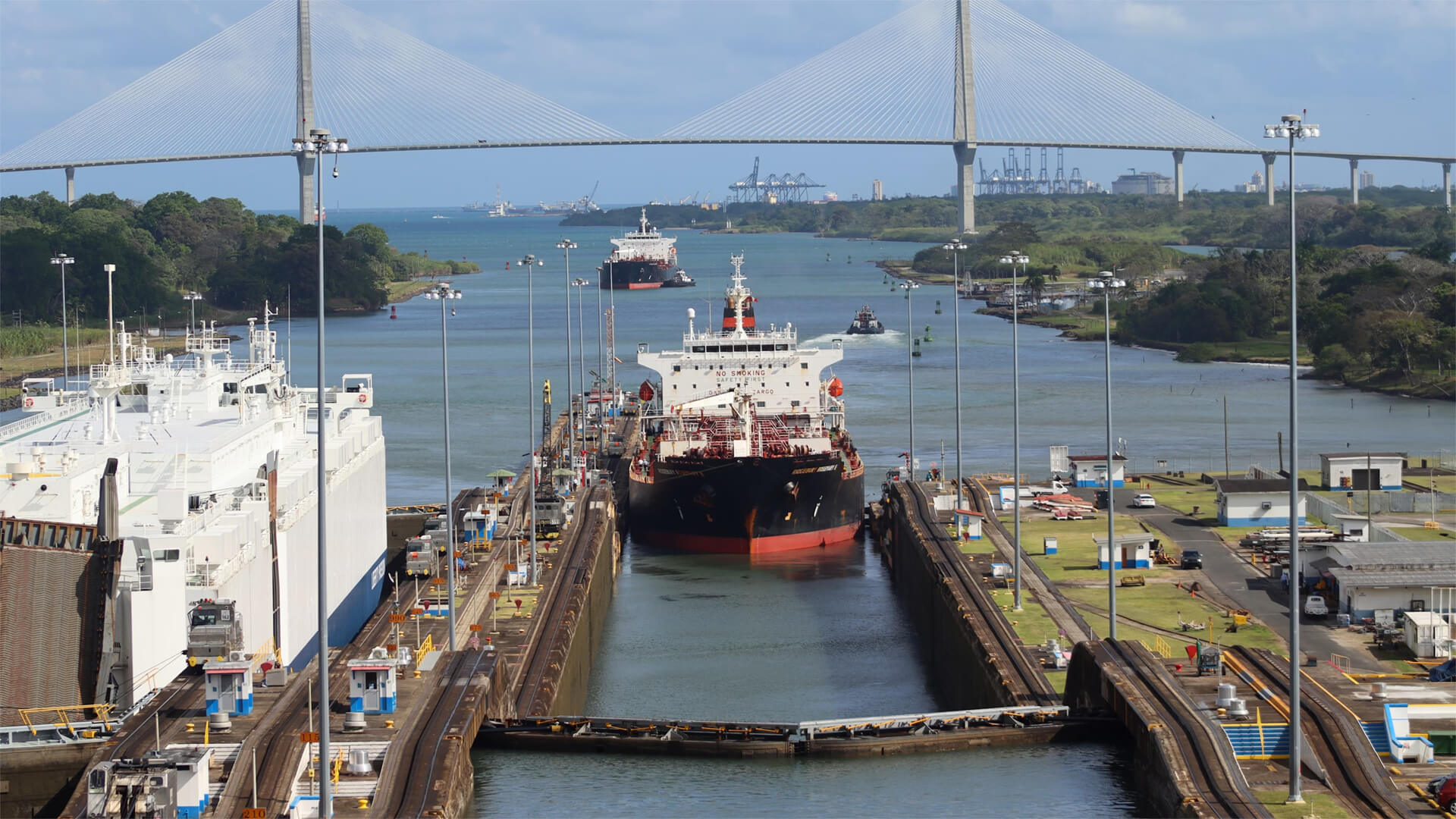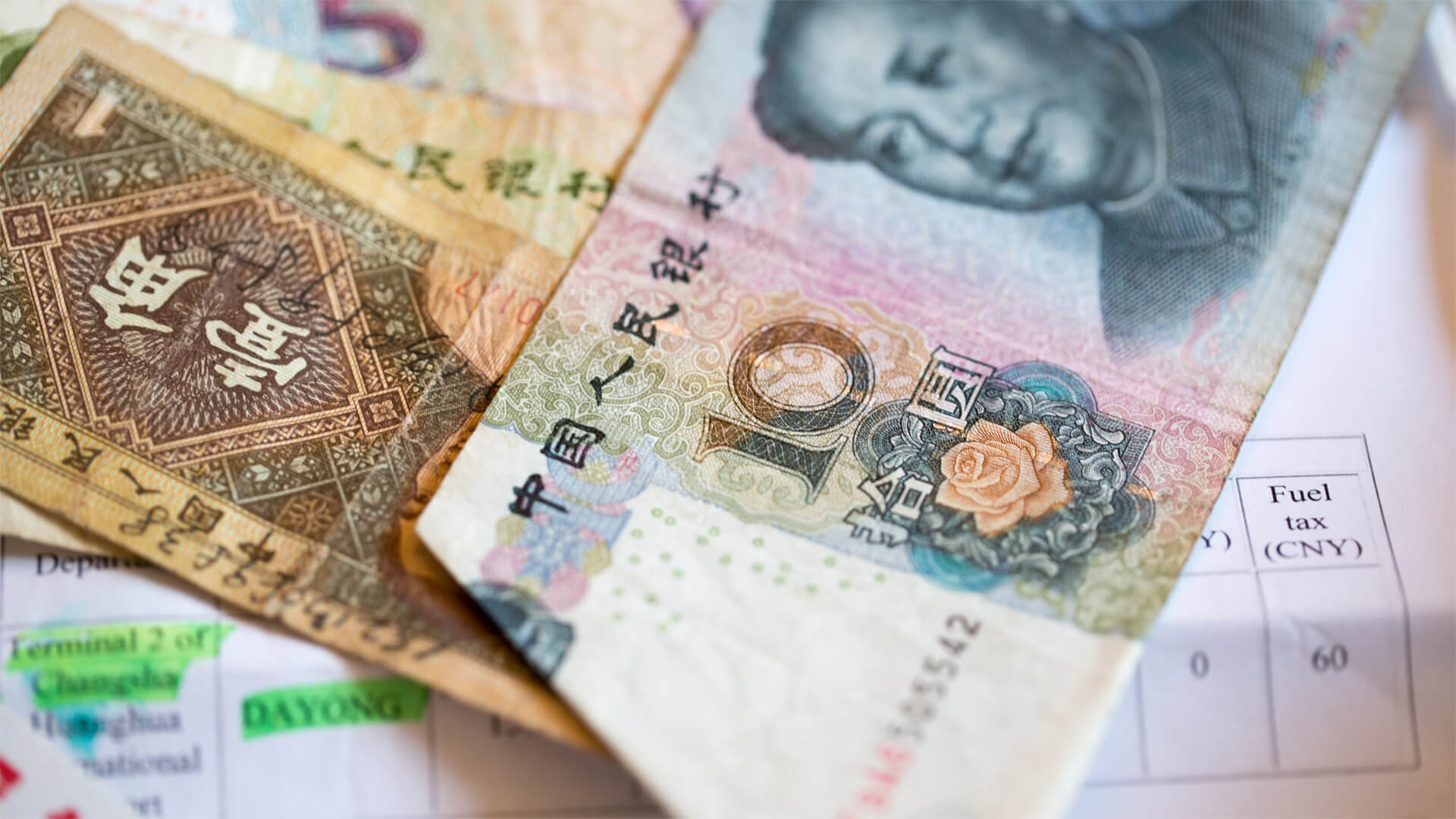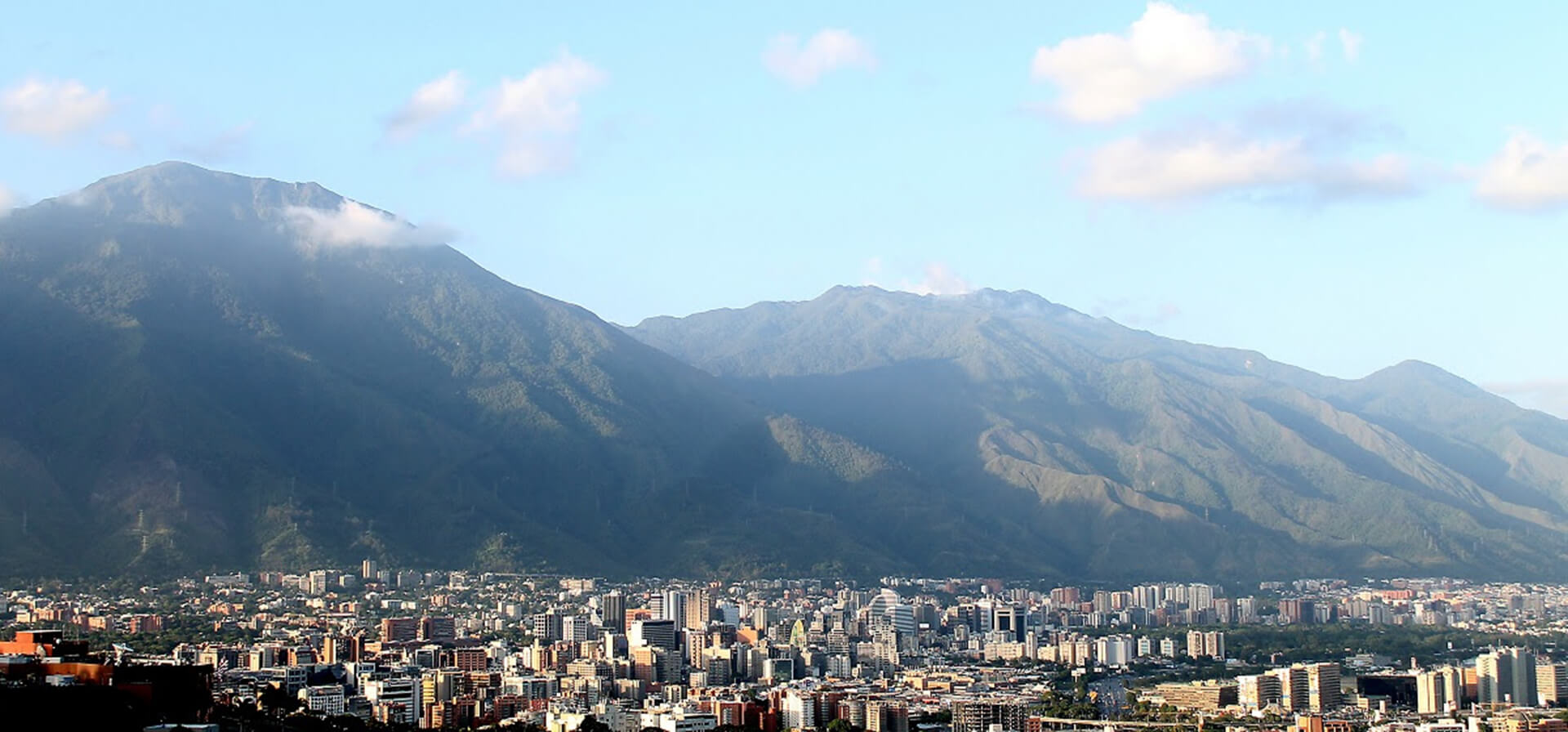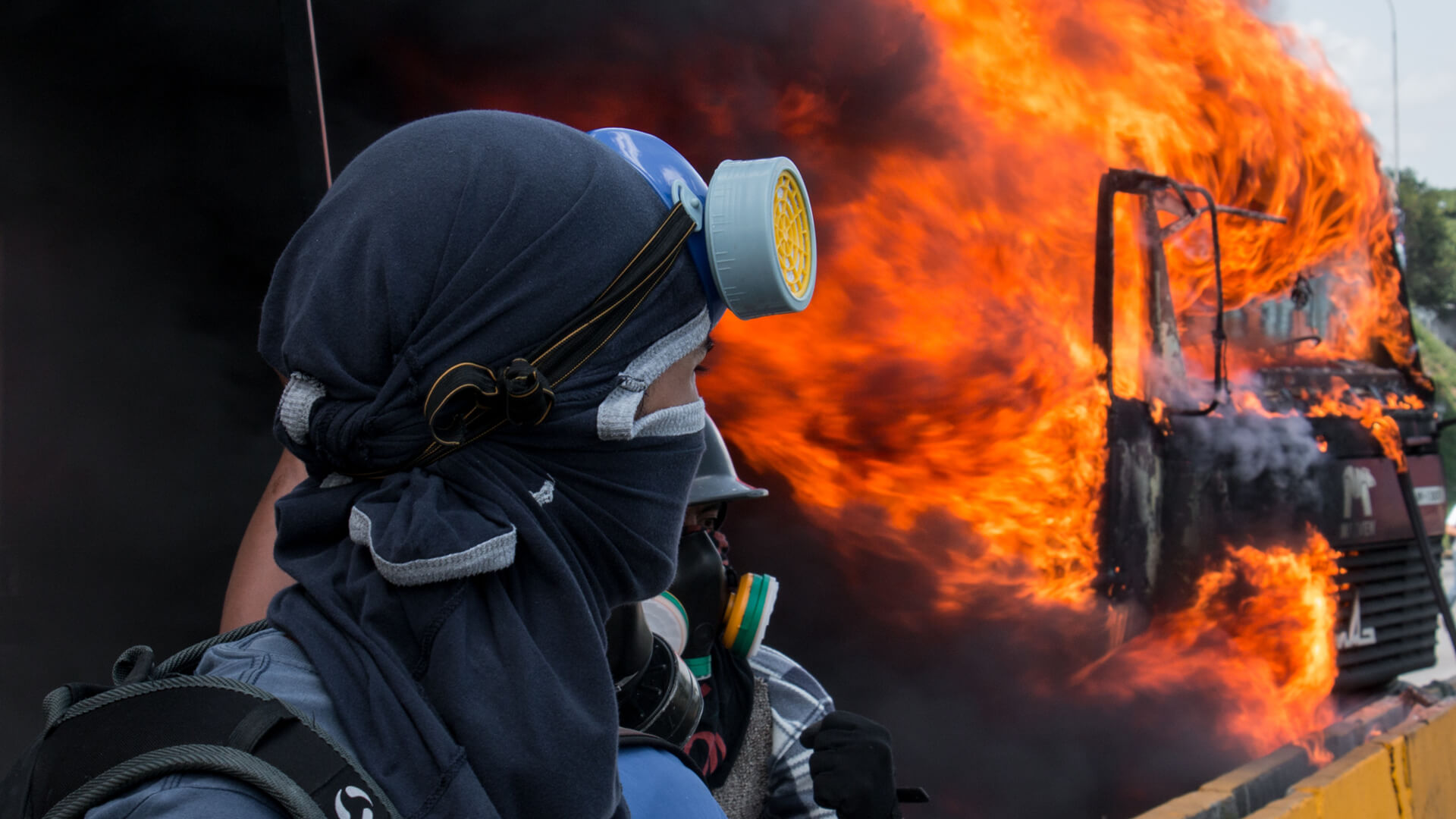Read Part I and Part II
Geopolitics has two speeds.
The first is glacial. The sort of huge, multi-generational trends that I spend most of my time studying and charting don’t shift easily or quickly. Whether the issue is pushing an army over a mountain range, or attempting to encourage a country full of people to have more children, or finding a substitute for gasoline, change – or at least change that is big – comes slow.
This is part of the power of geopolitics: if the rules change only rarely, it is fairly straightforward to draw trends deep into the future.
Of course, there is that other speed. The forces of geography may be unstoppable and inevitable, but that does not necessarily make their destined results imminent. Political forces don’t simply resist them doggedly, but often pathologically. For a solid example, consider the Cold War: the Soviet economy was never much more than an organized mess, yet from the time Soviet leadership realized it was all hopeless in the early 1970s, it still took another two decades for it all to go to pot. Only a fool would assert the Soviets did nothing of relevance during that time.
Yet leaders resist forces geopolitical at their risk. Pressure builds until the inevitable release. The greater the delay, the greater the pressure, the greater the subsequent explosion. In such moments truly epic forces are unleashed all at once: the Berlin Wall’s fall, the Asian Financial Crisis, the September 11 attacks, the release of Avengers: Endgame.
At such moments, the speed accelerates to lightning and people in my line of work have a heyday. It’s professional vindication, personal validation, and a helluva lot of excitement all at once. We all look for these moments.
Last week I saw something in Venezuela that I knew had to happen eventually. After two decades of mismanagement well past the merely criminal, it appeared the socialist government of Venezuela had finally collapsed under its own incompetence. Forces geopolitical, I thought, had finally gotten their revenge.
Part I and Part II of this series were, to be blunt, my wallowing in the moment.
Aaaaand I jumped the gun.
Please take this newsletter for what it is: part mea culpa, part explanation, and part a look forward at what it means that Venezuelan strongman-president Nicholas Maduro is not quite done making history.
First and most obviously, Maduro is still large and in charge. Initial reports that he had fled the country or slipped in the shower and fell on some bullets were wildly untrue. The Venezuelan military – the only faction in Venezuela that really matters as concerns Maduro’s survivability – remains more-or-less unified and in support of their boss.
Nor has the Venezuelan opposition made meaningful progress. Consolidation around self-declared interim president Juan Guaido appears no more coherent than any of the other failed opposition efforts to close ranks. The only item of substance that has changed from the past 20 years of Chavez-Maduro rule is that nearly every country in the Western Hemisphere has now called for Maduro to step down. There is zero indication that any of these countries, however, is willing to do much more than mouth the words. A military invasion is firmly off the table (and with the Venezuelan capital of Caracas not being a coastal city, any such effort would be, in a word, complicated).
Second, there is one power that is doing a bit more than voice its concerns. Since that power is the United States, best to pay attention. On Jan 28 the Americans levied blanket sanctions on the Venezuelan state oil firm, PDVSA. While the United States will still allow Venezuela to sell crude to American entities, Washington will not allow any cash from the sales to flow back to Caracas. In addition, the Americans froze the assets of Citgo – a PDVSA subsidiary in the United States that’s primarily a refiner.
Formally, about 32% of Venezuela’s crude oil exports end up in the United States, but this vastly understates how dependent Venezuela is upon the American market for a pair of reasons that can only be the normal state of operation in a country as broken as Venezuela has become.
Of the seven-tenths of Venezuela’s oil exports that do not flow to the United States, the majority – technically –goes to China and Russia. However, Venezuela gets no cash from these “sales.” Instead, the oil is accepted as payment-in-kind to whittle down the billions of dollars of loans those two countries have extended to Venezuela over the years. Nearly all this crude oil is then sold on to the American market where the Chinese and Russian intermediaries are paid in cash.
Bottom line 1: the direct sales to the United States are Venezuela’s primary source of income. Without them, Venezuela’s humanitarian/economic/political catastrophe – a mess that has already resulted in widespread famine – will become truly apocalyptic.
Bottom line 2: It is unclear if the new U.S. sanctions will touch these flows as well. If they do, the Chinese and Russians will be left holding gobs of crude they – and nearly anyone else on the planet – lack the capacity to refine. With no one able to take Venezuelan crude in appreciable volumes, PDVSA will have no choice but to shut down nearly all operations and experience a massive skilled labor bleed. That would add – at minimum – two years to any theoretical future recovery.
Third, this now has reverberations throughout North America.
Most American oil production is now shale crude, a specific sort of crude oil that has extraordinarily low concentrations of contaminants such as sulfur or mercury and has the consistency of nail polish remover. That makes it almost hilariously easy to refine into finished products.
Or that’s how it should work anyway.
Starting in the late 1970s the American oil industry believed that the global stream of crude oil was becoming heavier and more sour, so they invested bajillions of dollars in upgrading the entire network so the Americans could import crap crude no one else wanted (big discount!) and refine it into top-of-the-line products for sale at home and abroad (big margins on the upgrade and arbitrage).
One of those crappy crude grades U.S. refiners sought out was Venezuelan crude which is as heavy and sour as U.S. shale crude is light and sweet. Buy low, sell high. Life was good.
Recent events have made life less good.
American shale crude is now being produced so cheaply – on average full-cycle costs are now below $40 a barrel – it is crowding out America’s domestic low-quality crude production. The American crude stream is becoming increasingly light and sweet to the point American refineries cannot easily process it. New refineries are being built and older ones expanded and/or dumbed down, but that’s an expensive and time-consuming process and refiners needed to be sure this whole shale thing would last before really buying in. Despite being on the very cusp of technical oil independence, of late the United States energy complex has become more dependent upon imported crude in order to gain access the specific heavy/light/sour/sweet mix that works best for the refining complex while the excess shale crude is exported.
The three imported grades that figure most prominently are collapsing.
The first is Mexican. While the mainstay of U.S. refiners for decades, the general collapse of oil production in Mexico has all but eliminated Mexican crude oil from the American diet. There was hope with the energy reforms of the outgoing administration that this would be reversed, but freshman Mexican President Andrés Manuel López Obrador has made it clear those reforms will at best be slow walked. Don’t expect any fresh flows of Mexican crude in the U.S. market until at least 2030.
The second crude grade U.S. refineries like comes from the Canadian province of Alberta. Dealing with Albertan tar sands is sloppy, expensive work – requiring a cost point in excess of $70 to break even. Today U.S. crude is selling for $55.
It gets worse for the Albertans. Alberta is landlocked and has wildly insufficient transport options to get its crude into the U.S. market. Between that and a general political paralysis in Ottawa on energy issues that (almost) makes Washington look functional, Albertan crudes are now regularly selling at a $30 or higher discount to American crudes. The Albertan provincial government recently ordered reduced output in an attempt to level out price problems. (The political reverberations of this in Canada will be extreme, but that’s a newsletter for another day.)
The final crude grade U.S. refineries prefer is, of course, Venezuelan crude. Based on how the Trump administration handles the new sanctions regime, Venezuelan crude may vanish from the American market completely.
In the short term this is not looking very good as it will force U.S. refiners far abroad to search for crap crude. The Middle East is probably the only region that can provide the volumes the U.S. needs. Ironically, on specs alone, Iranian and Russian crude might actually look pretty good.
In the longer term this is not looking very good for everyone outside of the United States. Events in Venezuela (and Canada and Mexico) are forcing U.S. refineries to change their slow-walk shifts from preferring crap crude to preferring shale crude into more of a panicked sprint. Once completed – give it two to four years – the United States, beyond simply having no interest in protecting oil flows out of the Persian Gulf, will have no interest in protecting oil flows from anywhere.
The United States maintains the only global navy and it has been the American commitment of that navy to global commerce and security that enables a global oil market to exist at all. No one with possible exceptions of France and Japan will have the military capability to reach the Persian Gulf in force at all. The ultimate result will be oil shocks of the sort the world hasn’t experienced since World War II… except in the United States which will be a sequestered market.








